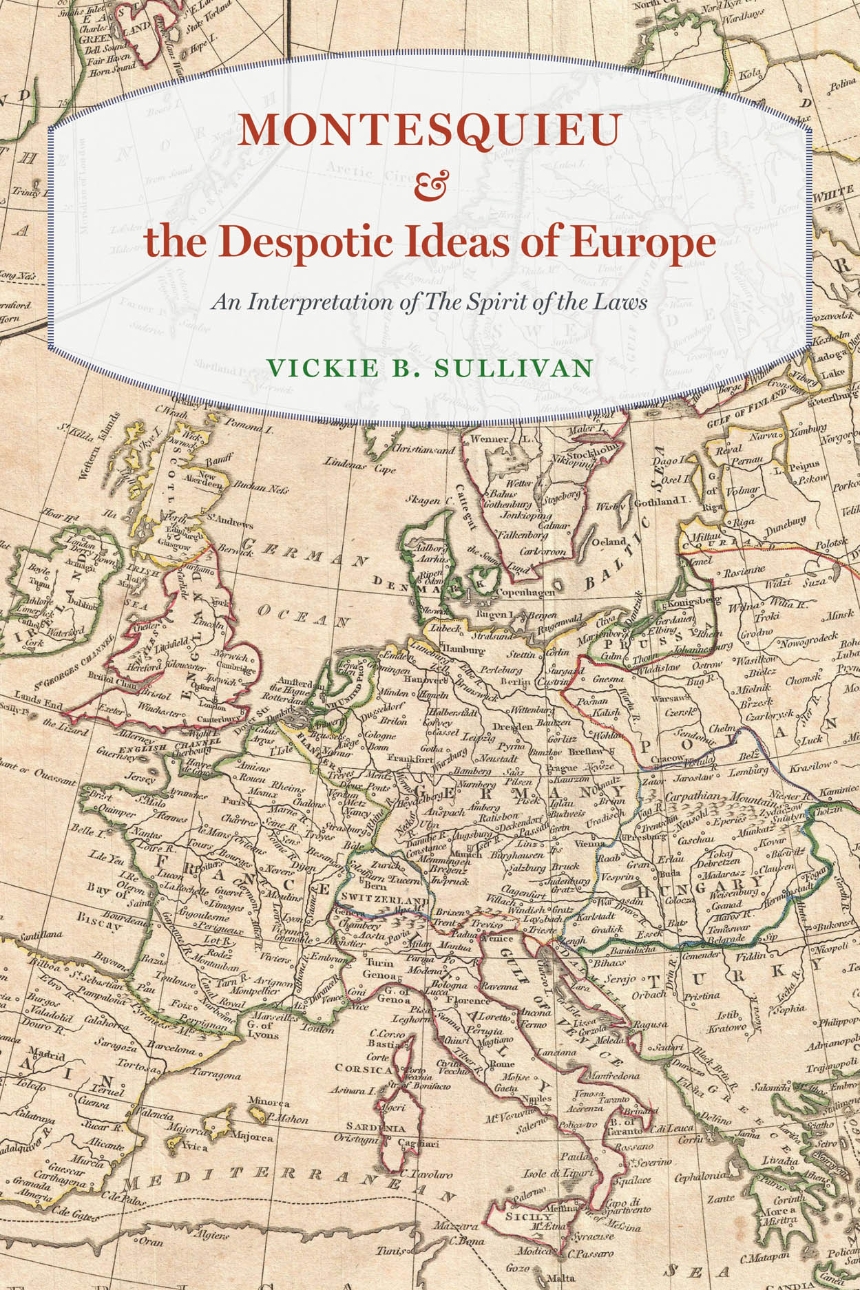Montesquieu and the Despotic Ideas of Europe
An Interpretation of "The Spirit of the Laws"
Montesquieu and the Despotic Ideas of Europe
An Interpretation of "The Spirit of the Laws"
Nowhere is Montesquieu’s critique of the despotic ideas of Europe more powerful than in his enormously influential The Spirit of the Laws, and Vickie B. Sullivan guides readers through Montesquieu’s sometimes veiled, yet sharply critical accounts of Machiavelli, Hobbes, Aristotle, and Plato, as well as various Christian thinkers. He finds deleterious consequences, for example, in brutal Machiavellianism, in Hobbes’s justifications for the rule of one, in Plato’s reasoning that denied slaves the right of natural defense, and in the Christian teachings that equated heresy with treason and informed the Inquisition.
In this new reading of Montesquieu’s masterwork, Sullivan corrects the misconception that it offers simple, objective observations, showing it instead to be a powerful critique of European politics that would become remarkably and regrettably prescient after Montesquieu’s death when despotism wound its way through Europe.
304 pages | 6 x 9 | © 2017
Philosophy: Political Philosophy
Political Science: Political and Social Theory
Reviews
Table of Contents
Acknowledgments
A Note on Citations
Introduction
Part I. The Ideas of Montesquieu’s Modern European Predecessors
1. The Greatness of Machiavelli and the Despotic Disease of His Politics—Both Princely and Republican
2. Montesquieu’s Attack on the Political Errors of Hobbes
Part II. Christian Ideas
3. Religious Ideas and the Force of Christian Ones in Modern Europe
4. The Ideas of Early Christianity, Their Absorption in Roman Law, and Their Abusive Reverberations in Modern Europe
Part III. The Ideas of the Ancient Legislators
5. Montesquieu’s Opposition to Plato’s Belles Idées and Their Diffusion
6. Aristotle’s “Manner of Thinking” and the Deleterious Use of His Ideas
Conclusion
Notes
Bibliography
Index
